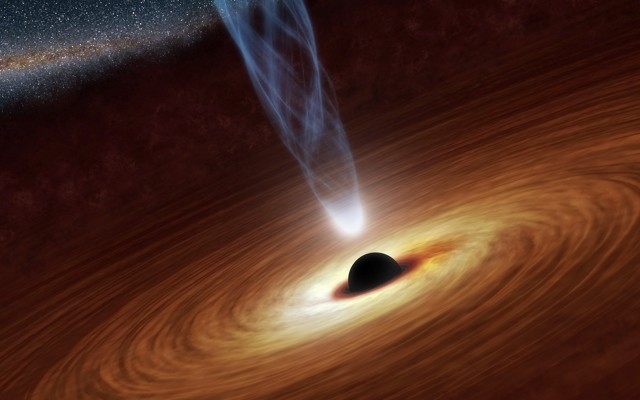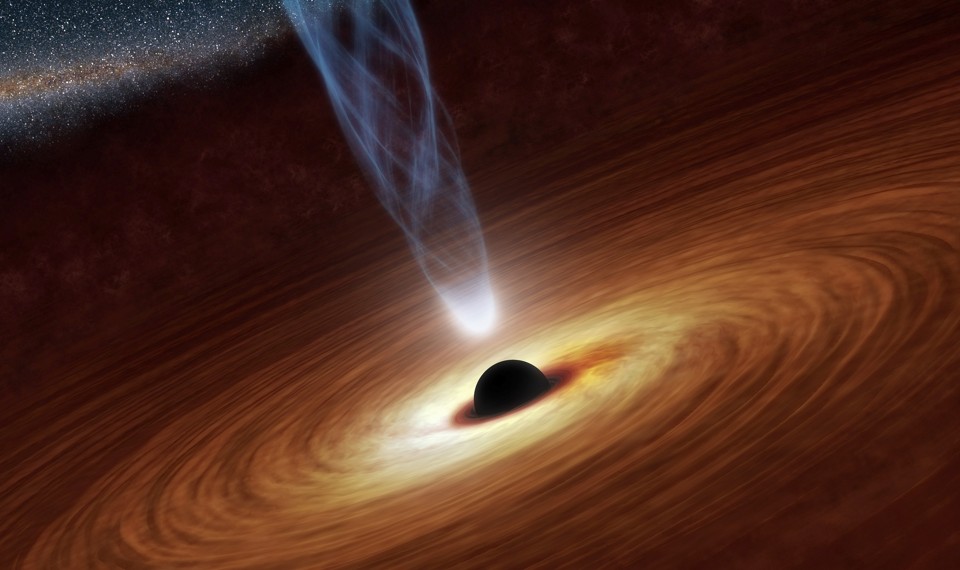
Is There a Limit to Scientific Understanding?
Albert Einstein said that the “most incomprehensible thing about the universe is that it is comprehensible.” He was right to be astonished. Human brains evolved to be adaptable, but our underlying neural architecture has barely changed since our ancestors roamed the savannah and coped with the challenges that life on it presented. It’s surely remarkable that these brains have allowed us to make sense of the quantum and the cosmos, notions far removed from the “commonsense,” everyday world in which we evolved.
But I think science will hit the buffers at some point. There are two reasons why this might happen. The optimistic one is that we clean up and codify certain areas (such as atomic physics) to the point that there’s no more to say. A second, more worrying possibility is that we’ll reach the limits of what our brains can grasp. There might be concepts, crucial to a full understanding of physical reality, that we aren’t aware of, any more than a monkey comprehends Darwinism or meteorology. Some insights might have to await a post-human intelligence.
But I think science will hit the buffers at some point. There are two reasons why this might happen. The optimistic one is that we clean up and codify certain areas (such as atomic physics) to the point that there’s no more to say. A second, more worrying possibility is that we’ll reach the limits of what our brains can grasp. There might be concepts, crucial to a full understanding of physical reality, that we aren’t aware of, any more than a monkey comprehends Darwinism or meteorology. Some insights might have to await a post-human intelligence.
No comments:
Post a Comment